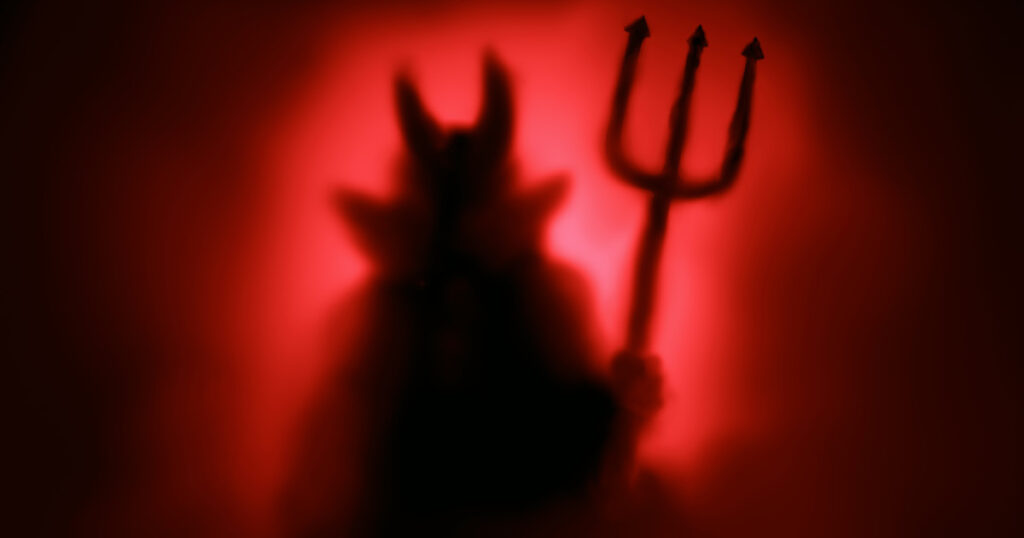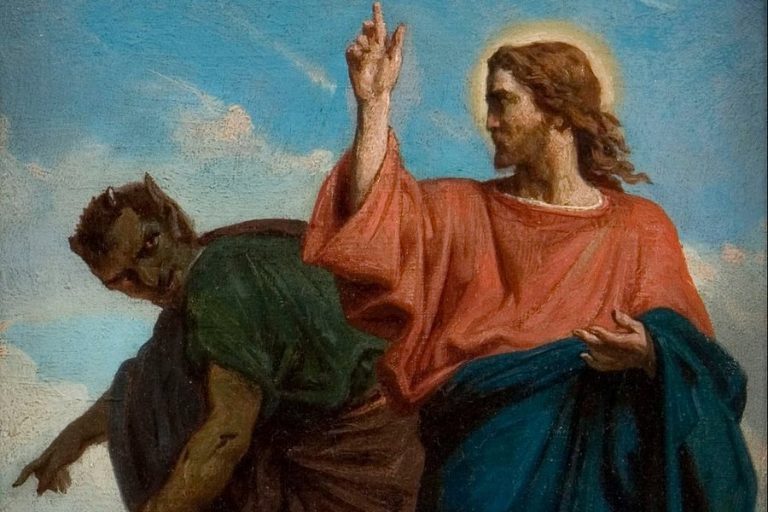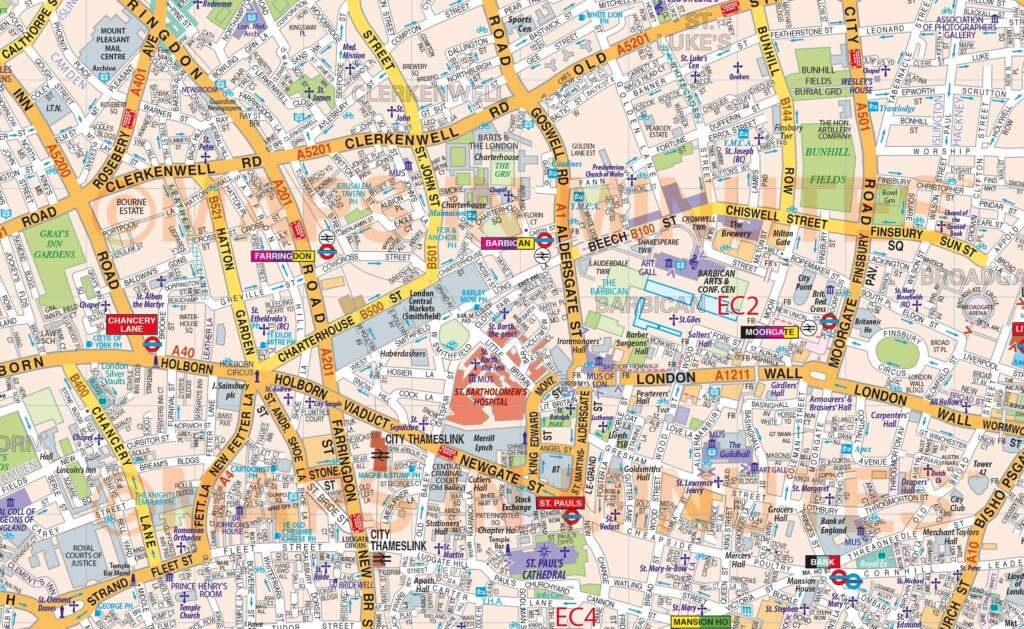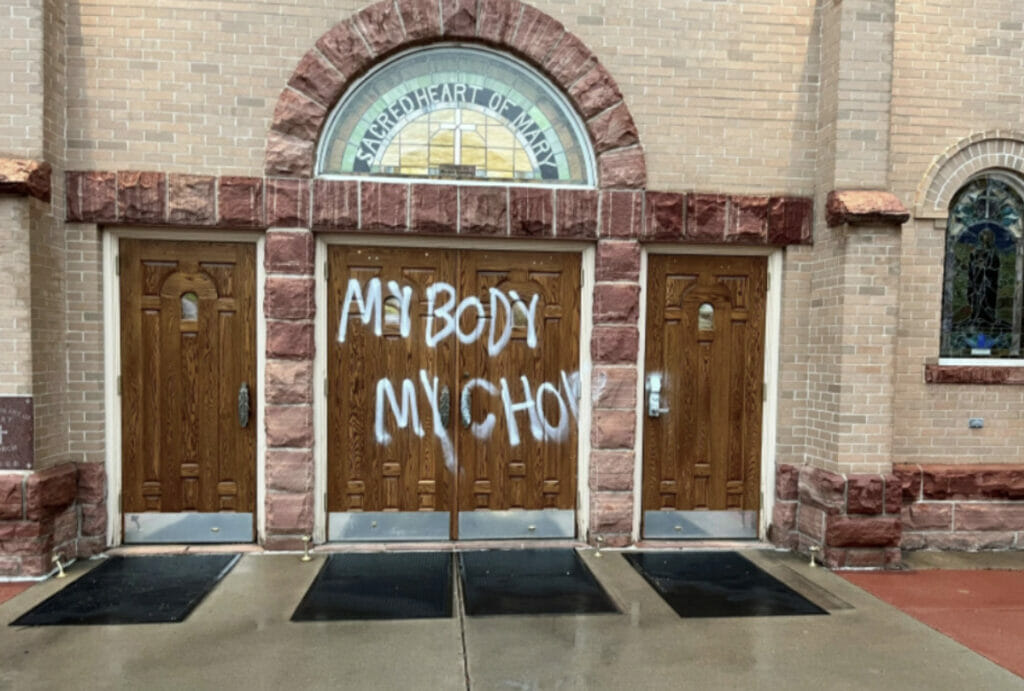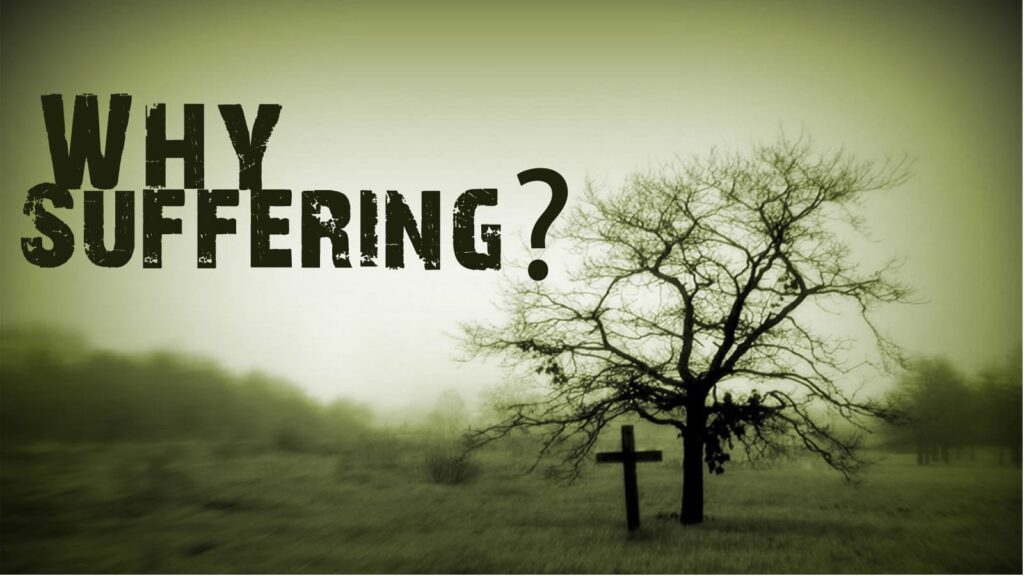Don’t Give Satan an Opportunity
Do you know what it’s like to have a good idea or plan and then to see someone not follow it at their peril? For example, if you have kids then you’ve probably seen them go ten rounds fighting over something that could have been resolved with 30 seconds of conversation. When we don’t follow […]
Don’t Give Satan an Opportunity Read More »

